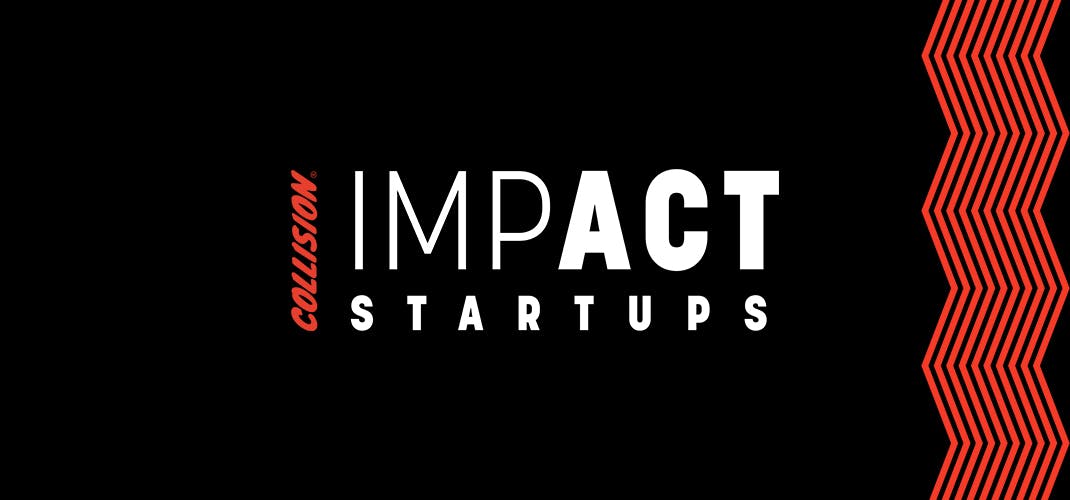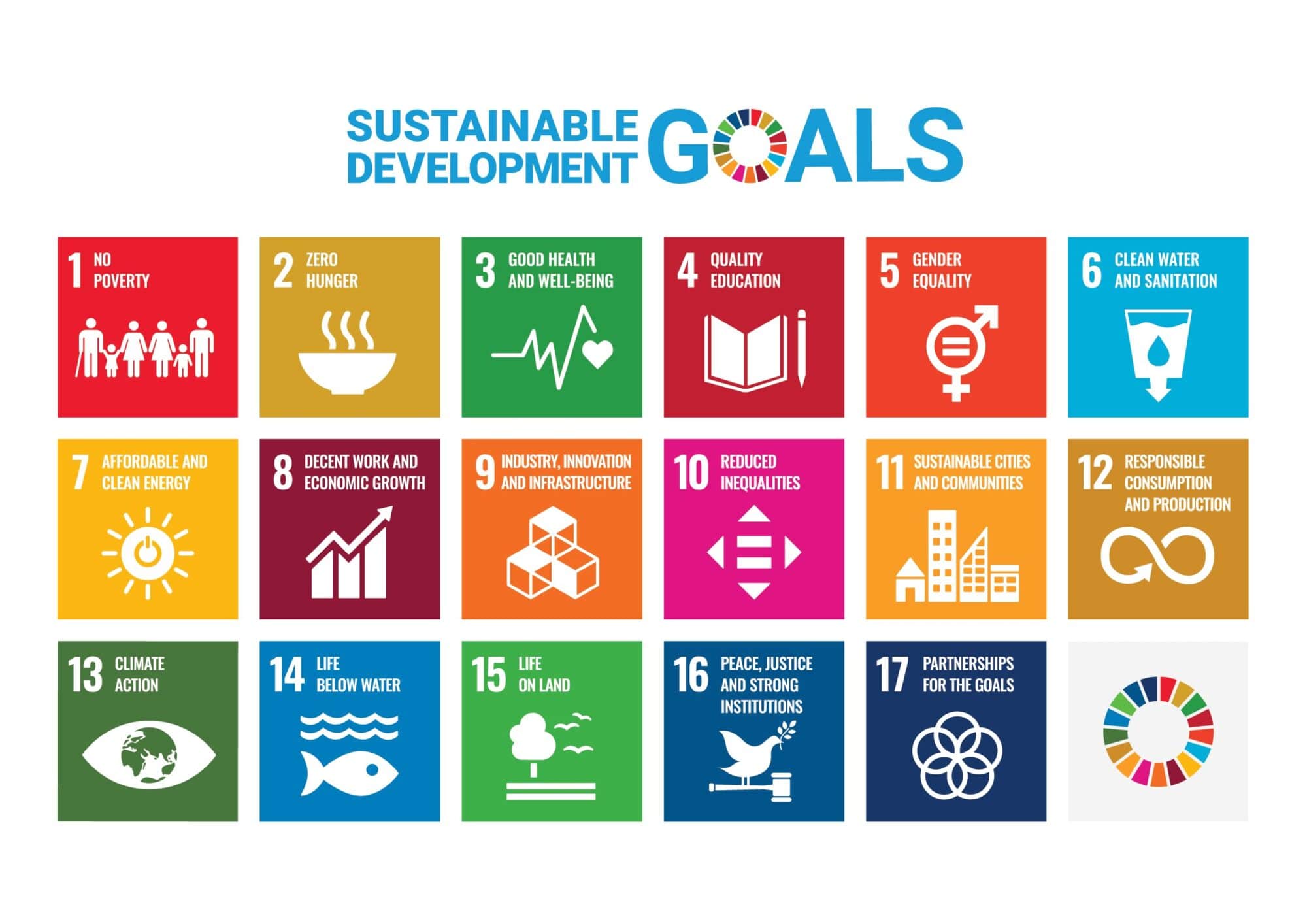The Web Summit stands for its dedication to achieving United Nations Sustainable Development Goals. Therefore this year they’re celebrating impact startups. These are the start-ups that are trying to make a difference for the communities, and the world.
These businesses are working around the world to have a positive impact on their communities, industries, and ecosystems. So we will see Web Summit celebrating the emerging companies within their network.
What are the points of qualification for being an impact startup?
The UN Secretary-General Antonio Guterres said at the Web Summit, “The use of technologies allows us to be much more effective in addressing the problems of today’s world”.
A very recent United Nations report on climate change reviews some serious things. According to the report, the world faces stark changes in the coming years. Unless serious action is taken to reduce environmental damage.
All of us as humans are affected by this task. Hence the Web Summit recognized it as an important task to highlight the businesses that are doing their part to innovate for the betterment of the planet and the society.

Naming the impact startups
Gathered together are some of the Impact Startups with an environmental focus who will be joining us in Lisbon this year. Meet them:
Sensorbee
The effects of pollution on urban air quality is a matter of increasing concern. Sensorbee – based in Linköping, Sweden – provides a wireless air-quality sensor solution for cities. Using low-powered NB-IoT and LTE-M1 network-connected base units, together with exchangeable sensors, Sensorbee collects a range of environmental data.
With multiple environmental sensors, it is easy to install and sends alerts when critical data is available. The system requires minimum technical knowledge and can easily be managed from an app and portal. And the units can visually be viewed on a map thanks to the built-in GPS functionality.
Mirai Foods
Livestock is responsible for nearly 15 percent of all greenhouse gas emissions. It also contributes to soil degradation, water pollution, and acidification of the environment. Founded on the idea that current agricultural practices are unsustainable Mirai food is developing real meat by cultivating directly from animal cells.
Mirai Foods aims to become a household brand for cultivated meat. Thereby accelerating the transition to a global food system that is environmentally, ethically, and economically sustainable.
Patch
Businesses need to focus on rapidly decarbonizing their operations and compensating for unavoidable emissions. Patch is an API-based solution to embed carbon footprint estimation and removal directly into clients’ digital products and experiences, with the aim of sequestering a gigatonne of carbon.
With Patch’s dashboard, customers can bulk offset their purchases, utilizing their vast partner network. This network includes a wide range of project types, from traditional nature-based projects – such as forestry, soil, and kelp – to frontier human-engineered carbon removal technologies such as biochar, bio-oil, and mineralization.
Okra Solar
More than 800 million people around the world don’t have access to clean, affordable, and reliable electricity. Okra’s mesh-grid technology is purpose-built to reduce the complexity of planning, operating, and maintaining last-mile assets and empowers energy companies to focus on what’s important: scaling up rapidly.
Okra also distributes consolidated kits of solar panels, batteries, and inverters, thereby offering a one-stop-shop solution for energy companies working at the last mile.
Sencrop
Designed to answer the needs of professional farmers, Sencrop offers a range of connected weather stations that bring you precision agricultural weather data. With a network of more than 20,000 weather stations in Europe, Sencrop is a user-friendly method to help farmers reduce weather-associated risks to their business.
Ultra-local weather data helps people in the agricultural industry to make the best possible decisions on a day-by-day basis.
